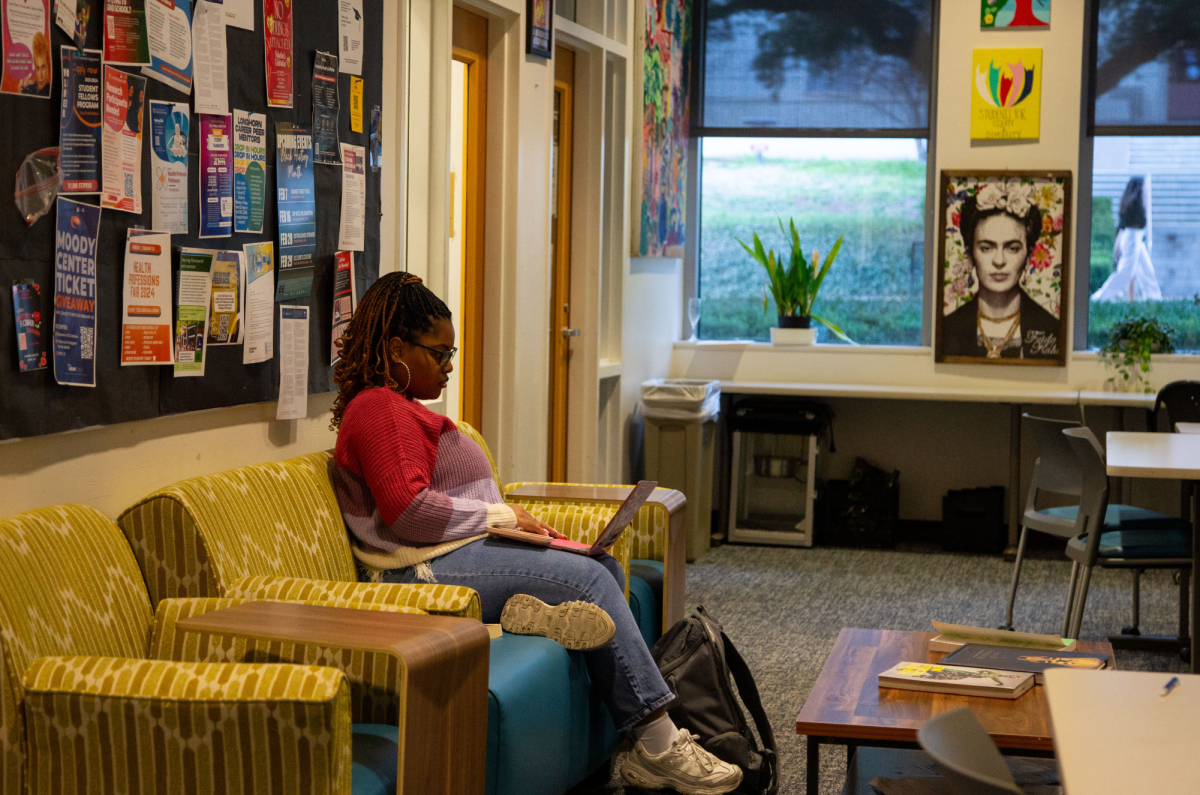The political stalemate in Congress over raising the debt ceiling while cutting back spending could directly affect students, said UT professors who have been following the impasse in recent weeks.
The government could default on its debt if the U.S. House of Representatives and the Senate do not reach an agreement to raise the debt ceiling by Aug. 2. If no agreement is reached, economists predict the government will not be able to pay its bills, interest rates may skyrocket and U.S. markets would take a plunge for the worse.
Michael Brandl, a senior lecturer at the McCombs School of Business, said increased interest rates would directly impact students’ borrowing power. Students will have to pay higher interest rates for student loans or when buying a car, he said.
When students graduate, he said, companies will be reluctant to hire them because businesses will be paying off high interest loans as well, he said. Brandl said many students aren’t following the debt ceiling discussions, even though they will directly impact them.
“Student loans are going to get more expensive,” Brandl said. “Credit card debt is going to be a bigger burden, and they won’t have a job.”
Republicans and Democrats have each proposed versions of a plan in the past few weeks to avoid the default, but both sides have failed to agree on a proposal. Republicans want to cut spending by trillions of dollars before raising the debt ceiling, while Democrats are suggesting increasing taxes for the wealthy to avoid cutting as much spending for programs such as the Social Security, Medicaid, Medicare and federal grants for students and research.
President Barack Obama pleaded to both parties Monday to reach a reasonable agreement and asked the American public to write to their representatives about the urgency of the matter. As a result, some representatives’ phone lines and websites became overwhelmed by an increase in traffic.
Economics professor Daniel Hamermesh said the debt ceiling fiasco will be less likely to impact UT students compared to those at many other schools because UT has a wealthier student population. Still, he said, with a fragile economy barely recovering from a recession, it is not a good time to delay raising the debt ceiling.
University Democrats President Janette Martinez said if federal grants such as Pell Grants are reduced, she will have to take out more loans during her last year in college.
“Incoming freshmen will also have to deal with this, in addition to financial aid cuts by the Texas Legislature,” Martinez said.
“UT will be a lot more expensive for those who depend on financial aid.”
Melanie Schwartz, College Republicans political director, said the track the country is on right now is unsustainable.
“We are spending money on a lot of things we don’t need,” Schwartz said.
She said she understands the value of programs such as Medicaid and Social Security, but Democrats and Republicans both admit spending cuts across the board are inevitable. Government spending has reached an astronomical level, she said.
Printed on Thursday, July 28, 2011 as: UT students have potential to be affected by debt issue




















